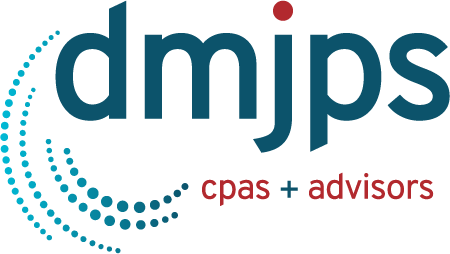As a business owner or employee benefits specialist, you may be aware that the Pension Protection Act was enacted in 2006 to increase oversight of retirement accounts and hold businesses accountable for underfunded accounts. However, what many employers don’t know is that there is a provision within the Act that can cause your business hundreds of thousands of dollars—employer-owned life insurance (EOLI).
EOLI is purchased by an employer to ensure key employees, business partners, owners, and even debtors. The employer is named as the beneficiary of the policy in part or in whole. Two examples are:
- Key Person Insurance – Purchased to support the business if a critical employee passes away.
- Buy/Sell Agreements – Purchased to establish the succession plan of the business. This helps fund the buyout of a deceased partner’s interest in the business or buy some or all the shares of the company stock owned by the deceased.
EOLI keeps employers in control of their succession plan—and the benefits used to be tax-free.
Provision 101(j), hidden in the Act, mandates that death benefit proceeds of EOLI policies either executed or materially changed after Aug. 17, 2006, be subject to ordinary income tax unless certain exemptions are met. Most notably:
- The annual filing of IRS Form 8925
- You must meet the IRS’s notice and consent requirements.
- Notice: Each insured employee must be notified in writing of the amount of insurance put in place and whether the employer will be a beneficiary of the policy.
- Consent: Each insured employee must provide written consent to being insured under the policy.
The notice and consent must be in place before the insurance policy is executed.
- The deceased had to be employed at any time during the 12-month period preceding death or, at the time the contract was issued, was a director or highly compensated employee or highly compensated individual.
Tax law is complex. DMJPS & Co., PLLC strongly recommends you complete our annual EOLI survey to ensure your life insurance policy is being reported correctly on your tax return to assist in preventing any unforeseen taxable income amounts.

